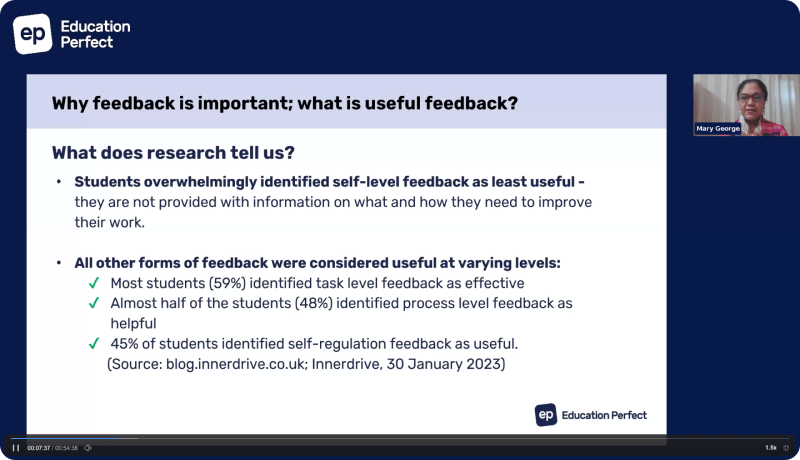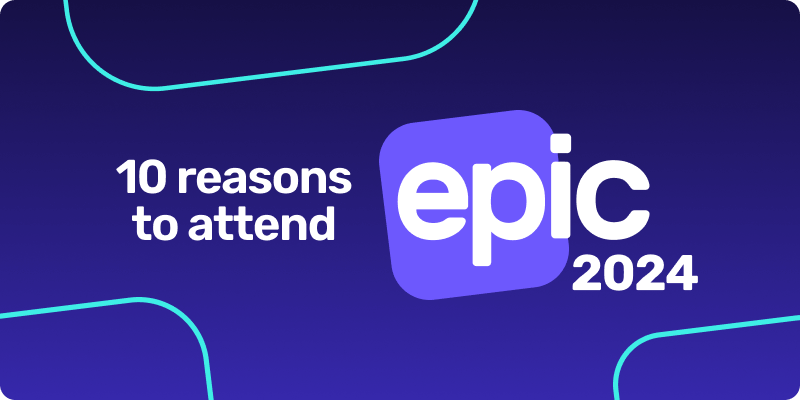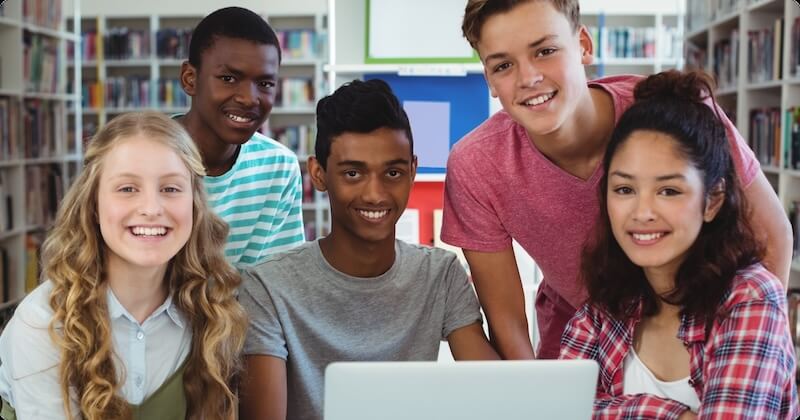Aotearoa, Walk with Me
‘E kore au e hoki i te waewae tūtuki. Ka koke whakamua noa atu!’ I will not turn back because of minor obstacles. I will press ahead to the desired goal!
I am a proud Kiwi of mixed ethnicities who happened to be born in Aotearoa within a small coastal community, who, at the time, were leading change and the renaissance of the Māori culture and language within our region.
This town was Ōtaki, located on the lower West Coast of the North Island of New Zealand, and the iwi (tribes) who banded together to save our language and practices as a people were; (Te) Āti Awa ki Whakarongotai, (Ngāti) Raukawa ki te Tonga and (Ngāti) Toarangatira – the A.R.T Confederation. Together, this tribal confederation designed and implemented a long-term, strategic plan utilising numerous initiatives to halt the decline of our language and revive the Māori cultural practices of our people.
One of these initiatives was the 25 year Māori language and cultural plan ‘Whakatupuranga Rua Mano’ – Generation 2000. It was believed that it would take at least one generation of our people who were committed to developing, actively using and passing on our Māori language and cultural practices to ensure the continued survival of our traditional ways.
A strong focus of Whakatupuranga Rua Mano was on our young people, in particular, those under the age of 35. I, along with many others from these three tribal groups, were fortunate to be a part of this very special and important initiative. I owe my cultural knowledge and proficiency in Te Reo Māori to those that made this moemoeā (dream) a reality – many of whom are not present to see the fruits of their hard work, sacrifices and contributions, heoi, e kore rawa aku mihi, taku whakamiha anō ki a rātou mā e mimiti i te wā!
As a young adult I was coaxed, by a very special high school Māori teacher of mine, to pursue a degree in teaching, specialising in Level 1 immersion (80-100% teaching instruction in Te Reo Māori, within all subject areas). As an integral part of Whakatupuranga Rua Mano, in 1981 Te Wānanga o Raukawa (TWoR) was established – a local Māori university – so it only seemed natural that I left high school at Year 13 to further my education, at a unique learning institute that was led and facilitated by my own people.
While at Te Wānanga o Raukawa, I studied Mātauranga Māori (Traditional Māori Knowledge), Te Reo Māori (The Māori Language) and to be a teacher, destined to teach our young people whose families were choosing Kura Kaupapa Māori (Māori Immersion Schools) to be educated. Once I graduated, I received my very first job at our local Kura ā-iwi (Tribal School of Learning for Years 1-13) called Te Kura ā-Iwi o Whakatupuranga Rua Mano – a further extension of the Generation 2000 initiative. From here, I dedicated my life and working career to teaching and further improving my own language skills and cultural knowledge, while passing this knowledge on to our young people and adults that were committed to this cause and way of life.
In 2020, I was blessed with my first child, a son. My partner, of Kiwi/Irish descent, and I decided well before his conception, that he would be raised bilingual (Māori & English). My dedication, love and work for our Māori language and culture suddenly had even more importance. I finally understood the importance of intergenerational language transmission, how challenging this is and how easily this can be lost. I long knew that it takes only one generation to lose a language and three to restore it, however, this fact had never had more of an impact on me until the moment of my son’s birth. I was not fortunate to be raised at home with Te Reo Māori – both my parents were not taught or permitted to formally learn their traditional language.
As a matter of fact, they were raised at a time when students were punished when caught speaking Te Reo Māori at school and frowned upon in the community. My generation is the first generation in my family to reconnect and embrace our Māori language, my son will hopefully be the second, and his children the third. If all goes to plan, this will see our language and culture restored and normalised within our whānau (family). This is how precarious this endeavour is, it only takes one generation to no longer see the value of our language and culture to lose it within their family structure. So, my job and responsibility in this area has become more urgent and important than ever before.
Earlier this year, I had the privilege of presenting at the New Zealand Association of Language Teachers conference in Wellington. While networking I met a young Māori teacher from a North Island high school who was quite proficient in Te Reo Māori and was extremely passionate about the Māori language, educating others (including work colleagues) and the normalisation of our indigenous language.
Initially, I wasn’t too surprised by this – many Māori people and teachers around Aotearoa are actively promoting, teaching and embodying our language and culture – but while delivering my presentation later that afternoon, he got the opportunity to share the current state of his school in regards to cultural competency and also within the wider education sector. What immediately struck me was when he revealed that he was not of Māori descent (I had assumed this, even though he was a fair, blue eyed person – my son is also fair and blue eyed, and this appearance for Māori people is now a lot more common in New Zealand). I had to stop his contribution mid-flight. Why? Because he was a perfect example of what I dream for all New Zealanders! Proficient bilingual speakers who are proud to embody our dual heritage while also highly responsive to our multicultural society. He is an example of what our future generations could become – to be as confident in the boardroom as they are on the paepae (orator’s bench on a marae) – regardless of being Māori or not. It goes without saying, that after my huge public mihi (acknowledgement) of him, his skill, values and aspirations, he was extremely humbled (and probably somewhat embarrassed) by my sentiments. But I honestly believe this, our Māori language and customs will not survive in the future if Māori people alone champion this cause. It needs to be genuinely adopted, supported and used by all New Zealanders for it to thrive and truly become an established form of everyday communication in Aotearoa.
Te Reo, Te Ao Māori, Te Tiriti o Waitangi – Revitalisation, normalisation, cultural responsiveness, to embody and authentically embed the principles of Te Tiriti – terms, values and strategies we regularly hear, share and express to one another in an attempt to ‘validate’ what we are doing as individuals and NZ organisations within this space. But what does this actually look and feel like? What, ultimately, are our hopes and goals as Kiwi, organisations and as a nation as a whole? Are we doing this for authentic reasons, or because this is ‘what is currently required of us’ to be seen as being inclusive and culturally responsive. Are we genuinely seeing the importance and merit of embodying our bicultural heritage and multicultural history? In many cases I believe the answer, at present, is no. But I do see change and continue to have hope.
It has always baffled me that our own people – many Kiwi and Māori alike – do not see the value of our language and culture as a part of our national identity. I can honestly say that my knowledge and ability with our Māori language and cultural practices have literally taken me all around the world. It has secured me many wonderful positions in schools and NZ companies alike, including my current role at Education Perfect – leading Te Ao Māori initiatives within the largest Edtech company in ANZ. For anyone that has said ‘Learning the Māori language is a waste of time, it will get you nowhere!’ I am a thriving example that completely negates that statement, and there are many, many others that do the same.
I feel extremely privileged to be in my current role at Education Perfect. I had always dreamed of contributing to the normalisation of our reo on a wider scale than my local community. Now, via the EP platform and daily contact with kaiako (teachers) and senior leaders within schools and organisations throughout Aotearoa, our EP team can directly support students, employees, whānau, groups and organisations with their Te Ao Māori journeys. It is very humbling to have such an influential role, and I take the responsibility that goes with this role, very seriously.
In closing, I end with this: It is our cultural representation that defines us on the global stage. This is what the wider world is intrigued to see, this is what the wider world wishes to know. I hope, in the future, we are collectively proud of our Kiwi identity and heritage, because, whether we like it or not, it is ultimately a part of each and everyone of us as New Zealanders.
‘Ngaruru ana te tupu o tōku reo i a koe, ngaruru ana anō tō reo i a au.’ My language flourishes because of you, your language in turn, flourishes because of me



